Have you been telling yourself this lie? “I can’t save money and invest.” That is a LIE!
This lie keeps people broke for their entire lives. When we are young, we believe we have forever to prepare for retirement. After all, young people and young families need to provide for their household, their children, and are just starting out in life. There never seems to be enough money to put away for a rainy day or for the future.
If you tell yourself this money lie, there never will be enough money to save or invest. If this is you, TODAY is the day you stop believing the lie and begin funding the future!
Here are some practical steps you can take to explode your financial future:
Understand compound interest. Compound interest is what will allow an investment of $100 per month to reach $1,176,477 in just 40 years! If you just save a little ALL of the time, you will end up with a LOT at the end of your time! Use our “Investment Value Calculator” to see how much you could save!
Take advantage of retirement plan matching. If you work for another company or organization, there’s a good chance your retirement plan contributions are eligible for matching contributions from your employer. Whether it is a $0.50 per $1.00 match or a full “dollar for dollar” match, it is FREE money! Visit your Human Resources Department TODAY to ensure you are receiving the full company match.
Make saving and investing MONTHLY (at least) and AUTOMATIC. If you have to rely on yourself to write a check each month, your savings plan could be in great danger! Make it automatic – have it deducted from your paycheck before you ever receive it or have it zapped out of your bank account at a predetermined date each month.
You will be on your way to becoming a wealthy individual who will be able to live a life of generosity like you’ve never dreamed!

